
#5for5 campaign: how some children are getting the best start in life
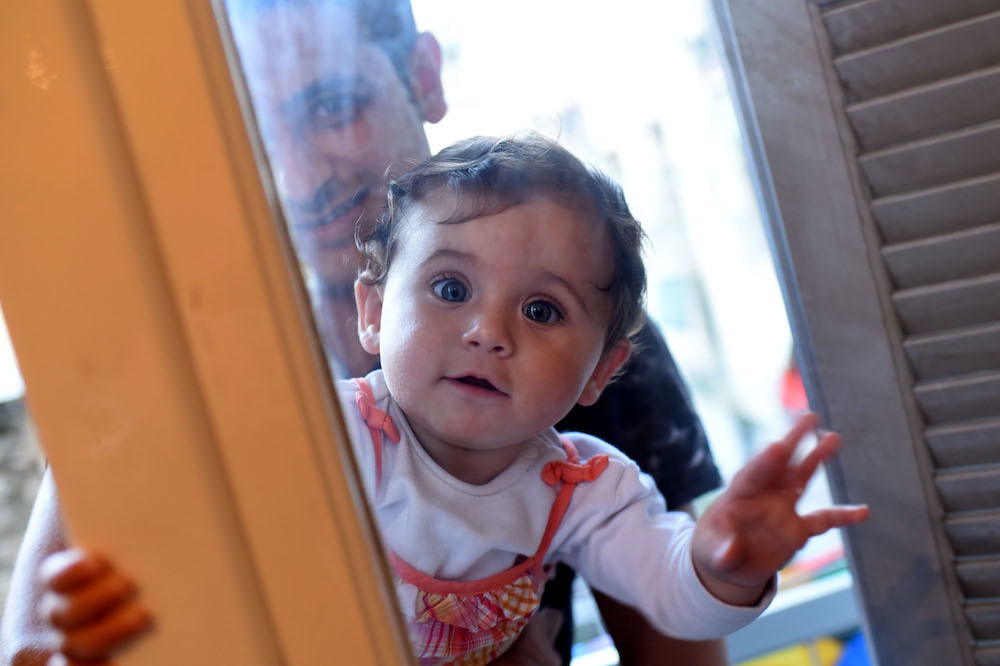
To mark the launch of Theirworld's new #5for5 animated film, we look at some of the countries where the importance of early childhood development is being recognised.
The first five years of a child’s life are vital. That’s why Theirworld has launched a new #5for5 campaign film – to urge world leaders to invest in early childhood development.
All this week, to mark the animation launch, we’re looking at the importance of quality care for the under-fives.
A worldwide movement around early childhood development has been growing steadily and the issue has moved up the global agenda.
But international leaders need to invest more to ensure the provision of nurturing early care, particularly for the poorest and most marginalised children.
We’d love you to share our new #5for5 film on Facebook or Twitter.
And please sign our petition below – we’ll present it to leaders meeting at the G20 summit in Germany in July.
Here we take a quick look at some of the countries where the value of successful early childhood development programmes is being realised.
Laos
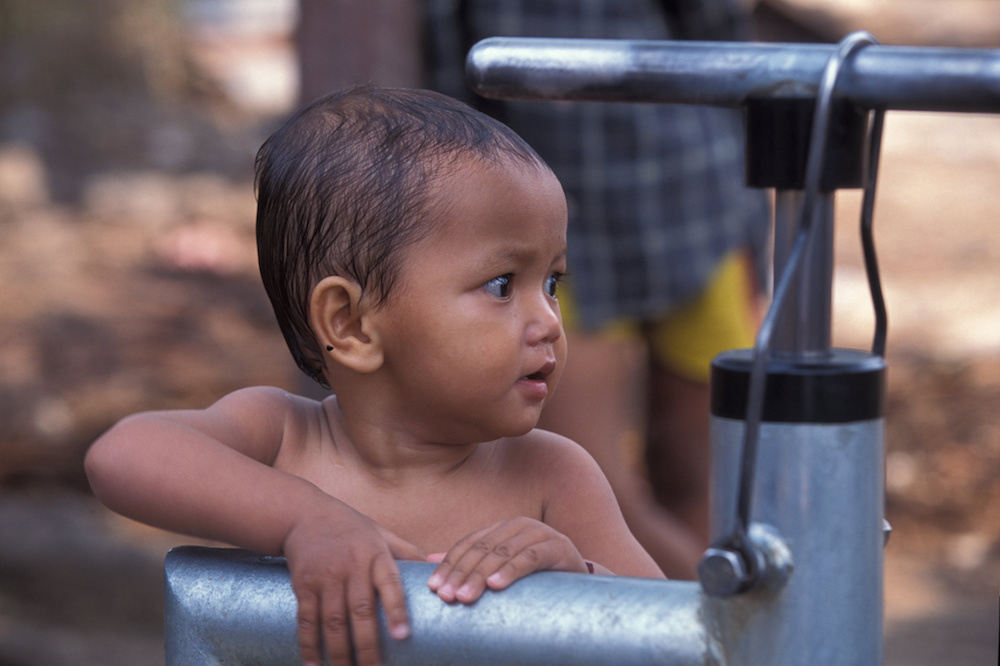
The importance of ECD has recently become increasingly recognised in Laos (UNICEF / Holmes)
The importance of Early Childhood Care and Education (ECCE) has become increasingly recognised in this southeast Asian nation.
As a result, the percentage of children going into the first grade of primary school with preschool experience has more than quadrupled – from 10.8% in 2007 to 45.4% in 2014. Access to ECCE in Laos has significantly improved and the number of classrooms and teachers has increased too.
That helped the enrolment rates of children aged five rise from 16.1% in 2007 to 60.8% in 2014.
Early years care is a central part of the Education Law that was introduced in 2008.
It states: “Early Childhood Education should ensure that children develop holistically, know the foundation of talking, writing, reading, listening, looking at, and drawing, love their parents, teachers, those surrounding them, country, nature and clearness, have talents, love to learn, and prepare themselves for primary education.”
Good physical and mental health, achievements in school and work, and the ability to empathise with and help other people have their roots in early childhood. Experiences in the first years of life shape what we become - physically, emotionally and socially. Now, more than ever, every individual should have the right to attain their full development potential. Dr Margaret Chan, Director-General, World Health Organization
Pakistan
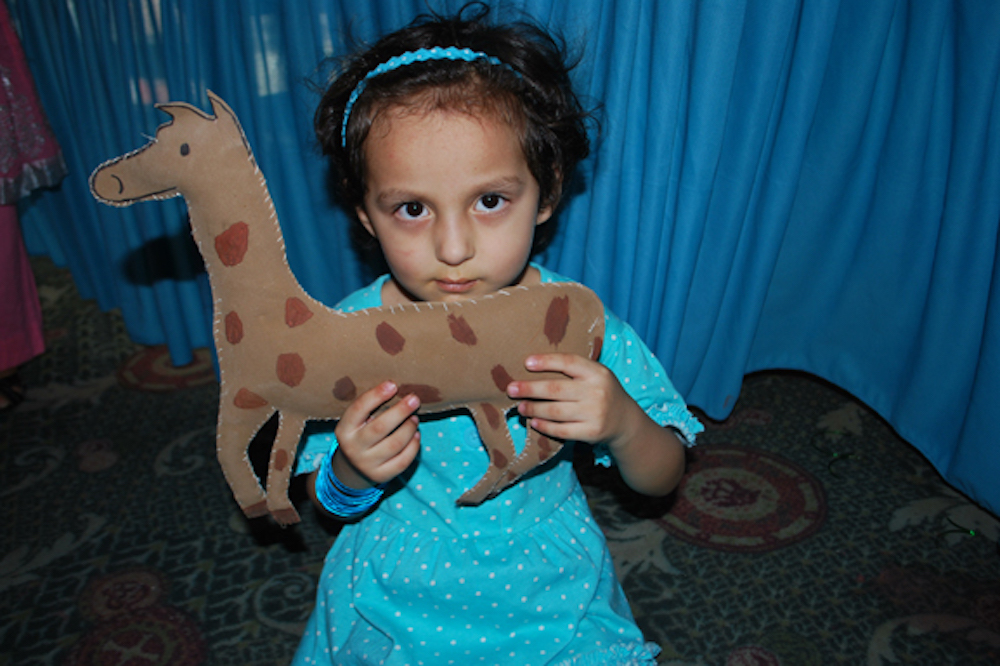
Pakistan President Mamnoon Hussain addressed his country’s first national conference on Early Childhood Care and Education (Hashoo Foundation)
President Mamnoon Hussain has been shining the spotlight on early childhood development “for promoting a healthy society and ensuring a better future of the young generation”.
The country’s first ever national conference on Early Childhood Care and Education was held in Islamabad in March.
President Hussain told the gathering that in human development the first five years of childhood are highly important. He said hoped the recommendations of the conference would guide the government to devise future strategic plans to promote early education.
Education Minister Muhammad Baligh ur Rehman said: “The early years are important not only in terms of education but also for nutritional care and character building of a child and hence ECCE demands serious attention from us.”
Colombia
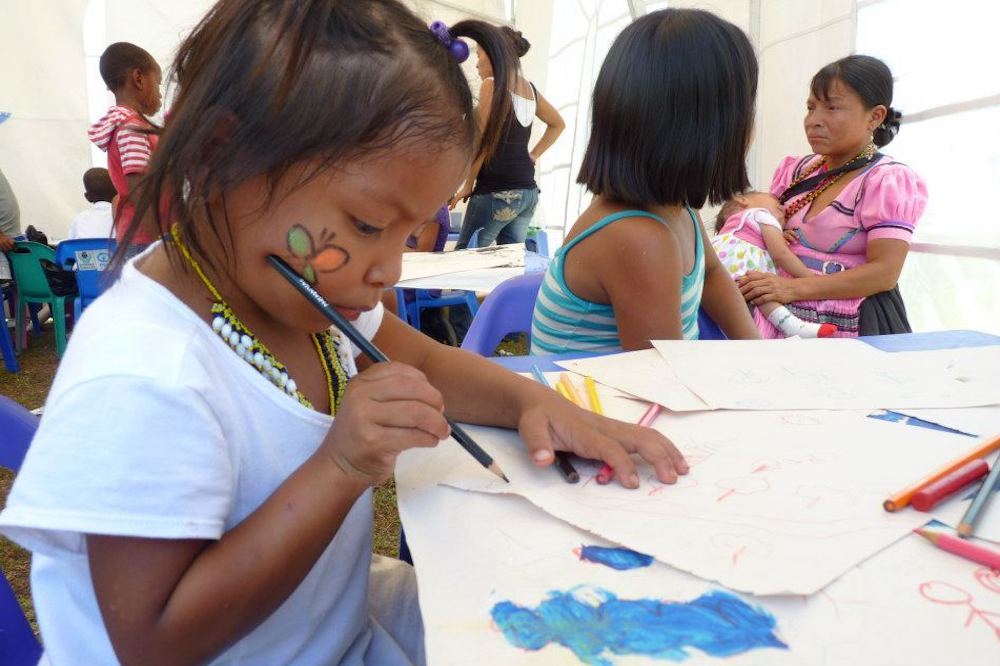
Great strides are being made in ECD in Colombia (De Cero a Siempre)
Great strides have been made on early childhood development since the national strategy “De Cero a Siempre” (from zero to always) was launched by President Juan Manuel Santos in 2011.
Hogares Comunitarios (community nurseries), the largest community-based ECD programme, has seen a positive impact on children’s development.
For example, a vocational training programme for care providers resulted in a significant impact on development. But a more expensive programme – which moved children from community nurseries (where one caregiver served an average of 15 children) to fully-equipped child care centres serving close to 300 children – had negative effects on health, language and motor development.
The nonprofit Brookings Institution said: “More is not always better. As the Colombian example demonstrates, cheaper programmes can be more cost-effective than more expensive ones.” It said the types of activities can matter more than the physical surroundings
In many tribes in Ghana, children are not spoken to until they reach the ‘age of knowing’ (around seven to eight years old). Adults may refrain from speaking directly to children until they can respond. It is critical as we conceive our strategies for early child development that we think about addressing those social norms, the cultural traditions that underlie lack of stimulation and the lack of engagement. Dr. Nicholas Alipui, Director of Programmes, UNICEF
Nepal
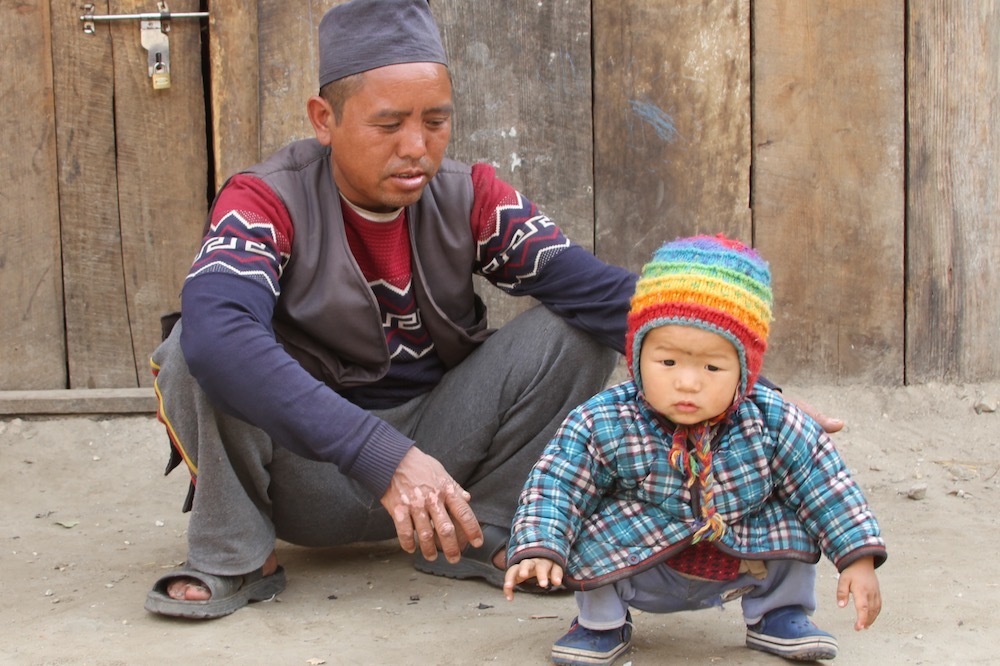
Early Childhood Centres are vital in Nepal after the 2015 earthquakes (Theirworld)
More than 90% of the government’s 30,000 early childhood centres fail to meet even minimum standards, according to the nonprofit Nepal Youth Foundation (NYF).
It transforms those centres into model programmes serving disadvantaged pre-schoolers in rural areas.
NYF said: “Over time the initiative will impact the lives of thousands of impoverished three and four-year-olds and increase their likelihood of transitioning into reception class.”
The foundation works to train the teachers, lower the high teacher-child ratio and provide suitable classrooms with quality learning materials. Children receive a midday meal and undergo nutritional screenings and follow-up interventions.
After five years of operating successfully, model centres return to government control.
Nirmala Upreti, Associate Professor at Tribhuvan University in Kathmandu, said: “Joyful and happy environment promotes diversity in learning. If we desire to overcome the problems of education in Nepal, we must focus on early childhood education of young children because that is the foundation.”
